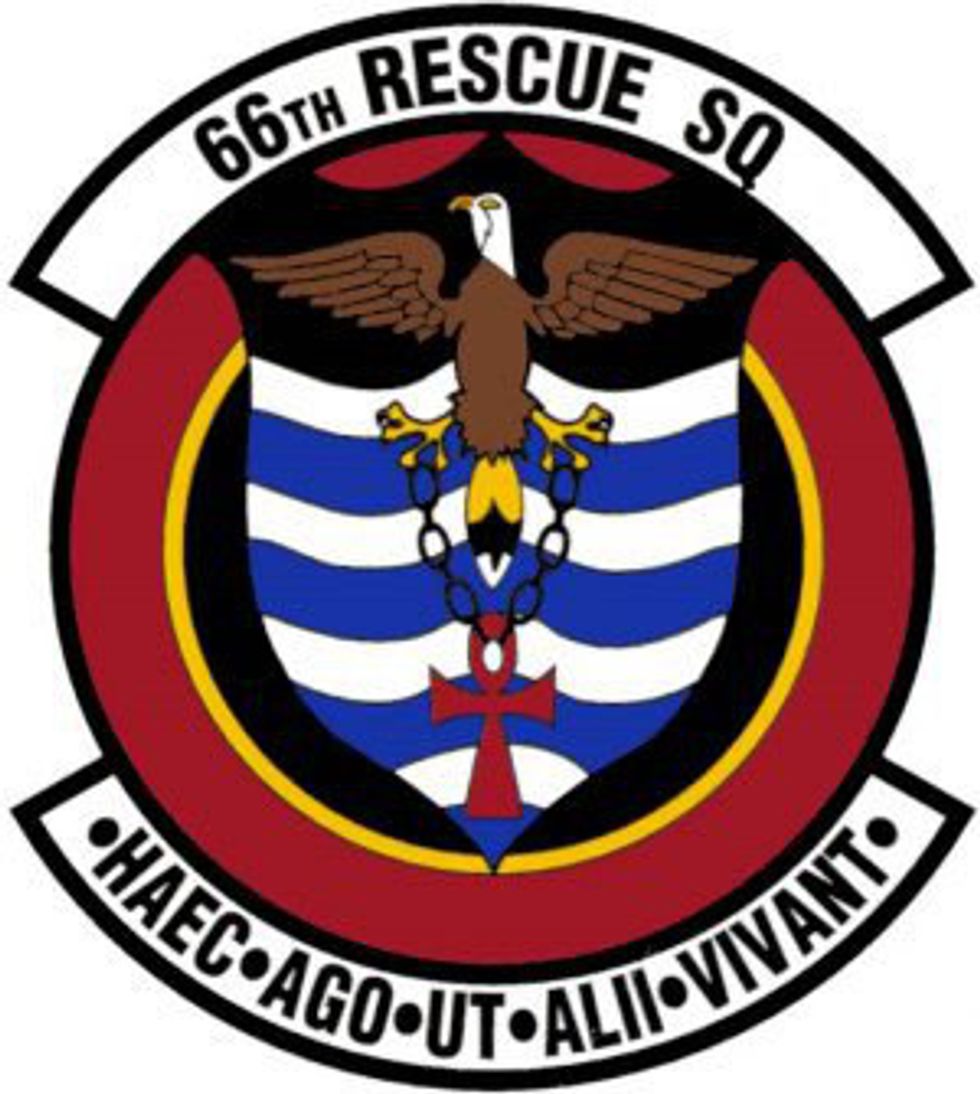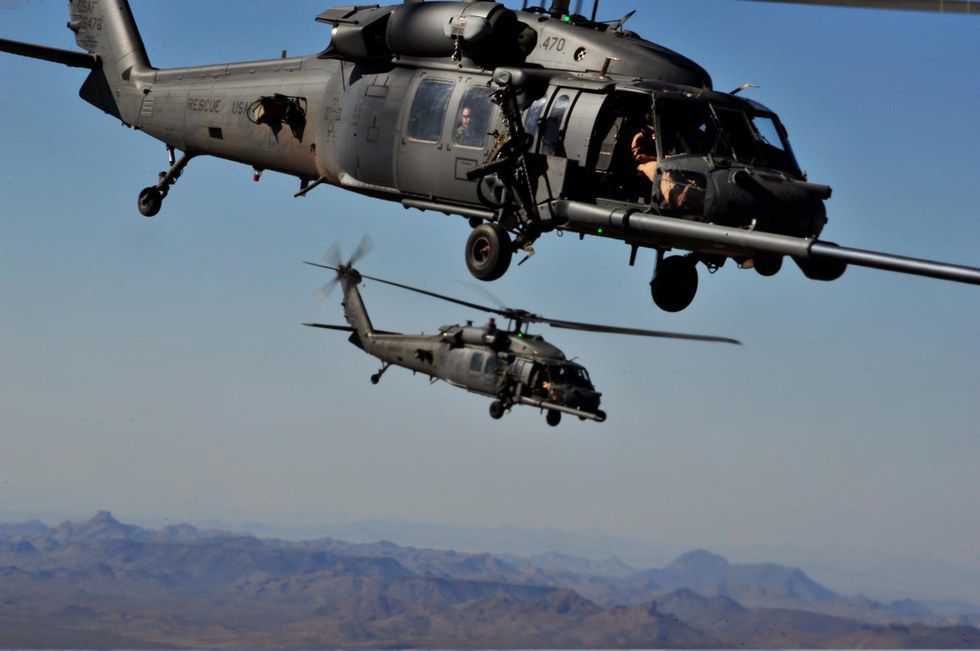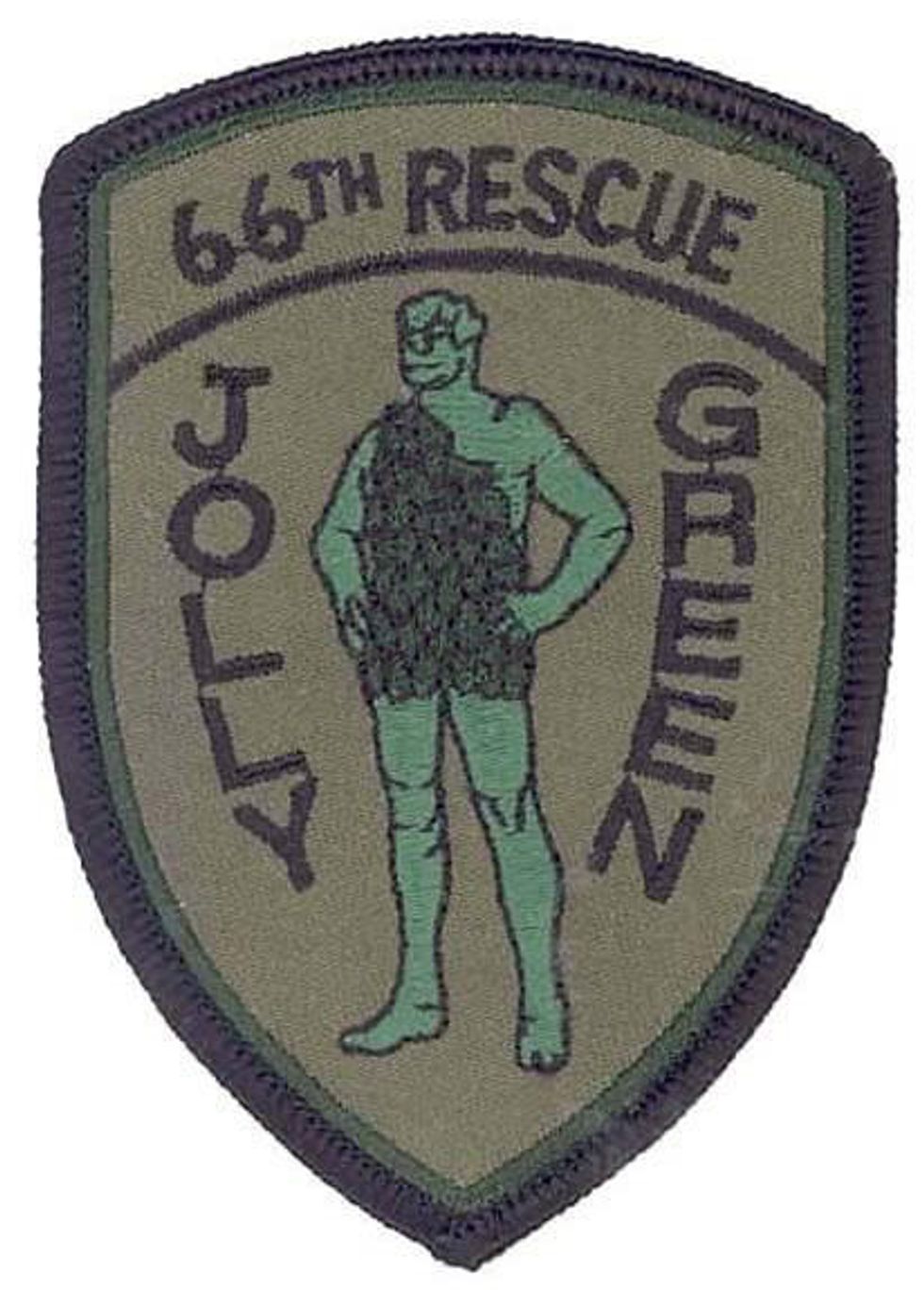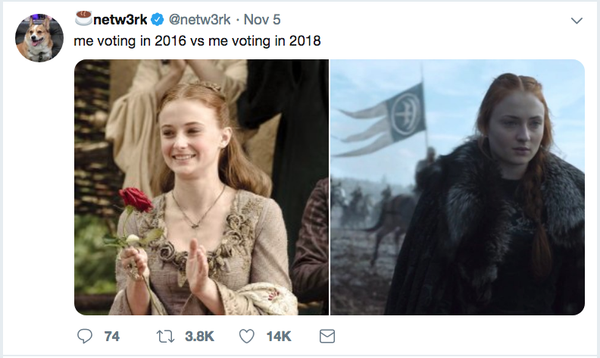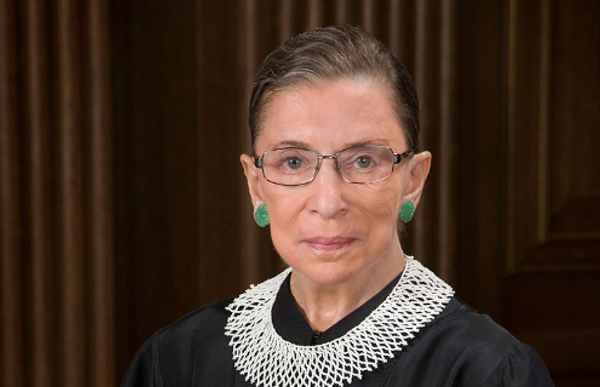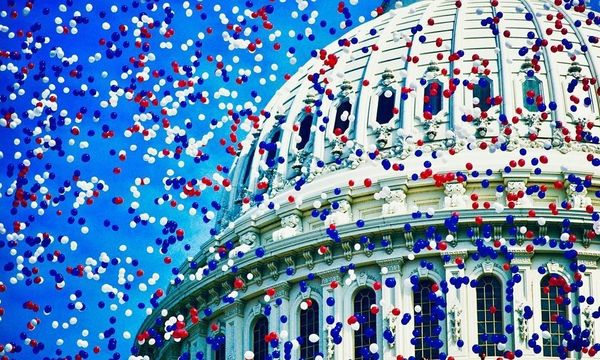This is a hard one to write. If you're reading it, that means I've finally succeeded after 18 years of trying:
On September 5, 1998, I arrived at work at the 66 Rescue Squadron, Nellis AFB, where I was an Aircrew Life Support Systems technician. I immediately knew something was wrong, because the building was filled with people and I was usually one of the first to arrive in the Ops building. There were a lot of strangers scurrying around, but virtually everyone assigned to the unit were sitting or standing around in a state of shock. It took me a while to find someone who would even tell me what was going on. Two of our helicopters had crashed that night. No one knew if there were any fatalities.
More information trickled in as the morning wore on. Finally the word came in — there were no survivors. The building was quiet as the tomb as that sank in, save for the occasional gasp or sob. Twelve good men gone, just like that. Most were family men, and all were part of the Rescue family. Some were good friends of mine, several were men I admired greatly, and all were men I respected. Some of them I can barely remember and some, God help me, I can't stop thinking about.
Lt. Col. William "Catfish" Milton was our Director of Operations, and the best I ever served under. He never failed to put the needs of his troops first, one of those rare leaders whose "open door" policy was genuine whether you needed help with a problem, some advice, or just someone to share a quick joke with. The last thing I did before I left work on July 4 was issue him a set of night vision goggles. I remember he asked for a specific set, because he'd used them on his last mission and really liked them. I gave them to him and told him to have a good flight. I remember thinking how tired he looked.
TSgt Jeff Armour was a Flight Engineer, and a good friend. We'd been to several concerts together; Rush, Emerson, Lake, Palmer, Jethro Tull, and best of all, John Lee Hooker. We were bummed about missing Yes, because we'd been deployed when they came to town. I passed him in the hall on my way out the door. Told him to have a good flight.
Capt. Gregg Lewis. Tall and skinny, always with a smile on his face. Looked more like a grad school math student than a combat rescue pilot, but he was one of the best.
Capt. Phil Miller. Squadron Life Support Officer, and my superior. He'd recently transferred to the Air Force from the Army. A great guy who always had our backs. He was one of the few LSOs I ever had that I knew would go to the mat for me.
Capt. Karl Youngblood. A little guy, always looked very serious. He also looked very young, one of those officers we called "Capt. Opie" because they looked too young to be in college, let alone a captain in the Air Force. He was another book that can't be judged by its cover, though. An extremely smart and capable pilot, an outstanding officer and a hell of a guy.
They're not the only ones, just the ones I remember the best, or most vividly. I spent more time with those guys than I did with my wife. We were deployed together six to eight months a year.
The Rescue Motto is, "Haec Ago Ut Alii Vivant," meaning "This We Do That Others May Live," and those guys lived that motto. Whether on training missions or real rescue missions at home in the Nevada desert or in the Area of Responsibility, they knew everything they did could and would save lives. They loved their jobs, and worked as hard as they could to be the best.
The reason this is so hard to write about is because their deaths were so needless. They were essentially flown to death, and for no good reason. No matter how tirelessly they worked and trained, they were flesh and blood, and every man has his breaking point, beyond which they cannot function properly, no matter how dedicated they are. Everyone in that squadron, whether aircrew, maintenance, or support troop, was exhausted from years of deployments and a needlessly heavy, almost frenzied, workload at home station.
They, like all too many of our soldiers, sailors, airmen and marines, paid the ultimate price while those truly responsible, those who could have and should have stopped it from happening, like Col. (later General) Larry New, the wing commander at the time, walked away essentially unscathed. The only thing that's surprising is that it doesn't happen more (or maybe we just don't hear about it.)
Remember, at the time I am writing about, we weren't at war (at least not technically,) and many of our troops were already overworked, over-deployed and ill or under-equipped to the point that they were dying. At the time of this writing, we have been at war for 15 years. Think about that. Think about how overworked, over-deployed and ill and under equipped those poor bastards must be now.
We need to remember not only those sacrificed on the altar of freedom, but those left behind by their sacrifice; the husbands, wives, children, parents and friends. The wounds of war run deep, and cut down families along with the warriors. Those wounds never heal. We owe it to our troops, and to ourselves, to do everything we can to make sure those wounds don't happen casually, but only from necessity.
With deepest respect, admiration and appreciation, this article is dedicated to: Capt. Gregg W. Lewis, pilot; Capt. Phillip Miller, co-pilot; Staff Sgt. Kevin M. Brunelle, flight engineer; Staff Sgt. Kenneth W. Eaglin, flight engineer; Senior Airman Jesse D. Stewart, para-rescueman; Master Sgt. Matthew Sturtevant, gunner; Lt. Col. William H. Milton, pilot; Capt. Karl Youngblood, pilot; Tech. Sgt. Jeffrey R. Armour, flight engineer; Senior Airman Adam Stewart, flight engineer; Airman 1st Class Justin Wotasik, para-rescueman; and 2nd Lt. Michael Harwell, mission essential ground personnel, as well as their families. You are not forgotten.




